Religion and Social Trends
Explore Gallup's research.
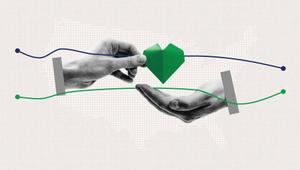
Americans remain widely engaged in charity, with volunteering rising and participation increasingly centered on nonreligious rather than religious organizations.

Most Americans still celebrate Christmas, but fewer observe it religiously, while secular customs remain highly popular.
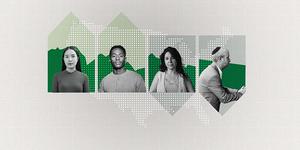
Less than half of Americans are satisfied with the way immigrants and Black, Hispanic, Jewish and Arab people are treated in the U.S.
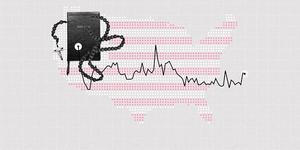
Thirty-four percent of Americans say religion is increasing its influence on American life, up from 20% a year ago.
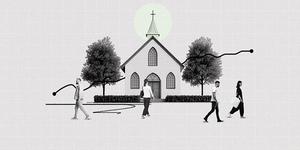
More than one in five U.S. adults have no religious preference, while close to seven in 10 are Christian, primarily Protestant (45%) or Catholic (21%).
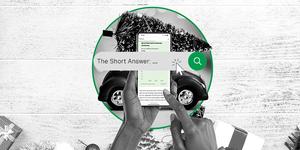
Ninety percent of Americans in December 2024 report celebrating Christmas, with 58% saying it's a strongly or somewhat religious holiday for them.

A majority of Americans believe God played at least some role in humans' origin, but a majority also believe humans evolved from less advanced forms of life.
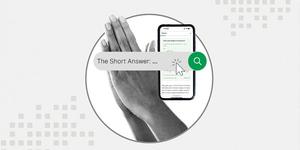
Most Americans have a religious preference -- predominantly a Christian one -- but less than half say religion is "very important" to them.

Trends measuring Americans' values need to be analyzed in the context of differences in question wording and changes in methodology.

Slightly less than half of U.S. adults describe themselves as religious, while 33% say they are spiritual but not religious and 18% are neither.

Recent Gallup data confirm a significant and growing relationship between religiosity and partisan identity in the U.S.

Americans' belief in five religious entities -- God, angels, heaven, hell and the devil -- have all edged down since 2016, continuing a longer-term trend.
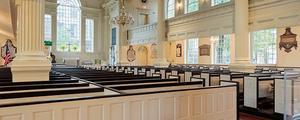
Americans' church attendance levels dipped at the beginning of the pandemic and have remained lower since then.
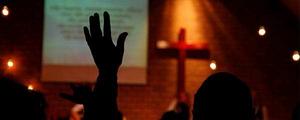
Survey researchers face the difficult challenge of meaningfully defining and measuring evangelicals in the U.S. today.
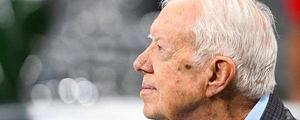
Former U.S. President Jimmy Carter has been identified as an evangelical for most of his public career, but defining exactly what that means today faces a number of challenges.
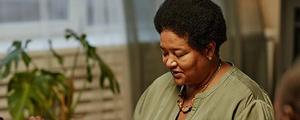
Although 67% of U.S. adults say they attended religious services regularly while they were growing up, 31% attend regularly today.

Coinciding with a general decline in religiosity in the U.S., a record-low 20% of Americans now say they believe the Bible is literally true.
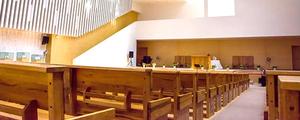
Americans' personal religiosity is significantly related to their abortion attitudes, even after controlling for religious and political identity and other demographic variables.
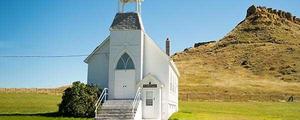
Find out more about recent research on Americans' religious behavior in a time of significant change.
